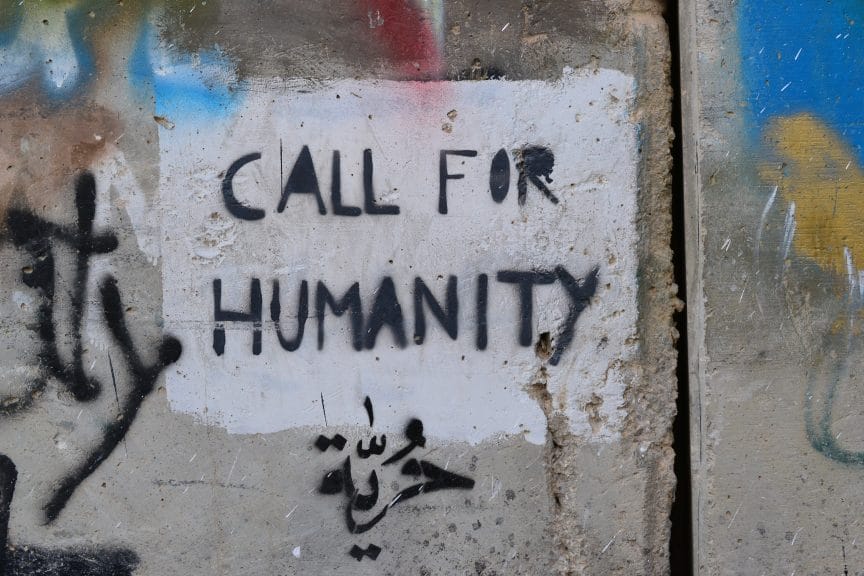The Israel-Palestine conflict has sparked intense international discourse after the Palestinian militant group Hamas assaulted and infiltrated Israeli communities on October 7.
Hamas is holding Israeli civilians hostage and at least 1,400 Israelis have been killed. The Israel military launched air and artillery strikes, killing more than 3,700 Palestinians in response.
Currently, Israel has placed a blockade of essentials such as food and fuel to Gaza.
History of the Region
After the defeat of the Ottoman Empire in 1918, Britain controlled the area known as Palestine. At the time, the area was majority Arab but had a Jewish minority among other ethnic groups.
Tension between the Arab and Jewish populations intensified when the UK helped establish a “national home” in Palestine for Jewish people in 1948.
Both Palestinian Arabs and the Jewish people see Palestine as their ancestral home.
Today, questions remain unanswered over what should happen to Palestinian refugees, the potential removal of Jewish settlements in the West Bank, a shared Jerusalem, and, most notably––the creation of a Palestine state alongside Israel.
Foreign Aid
As mass violence plagues the region, civilians are in need of international aid and assistance.
Some foreign governments such as the United States have been quick to respond to the violence. The U.S. released multiple statements in support of Israel in addition to sending aid and bolstering military presence in the region.
Both U.S. President Joe Biden and U.K. Prime Minister Rishi Sunak, visited Israel to show their support and highlighted de-escalation.
The European Union, however, struggles to form a clear, succinct message regarding sending aid to Israel or Palestine.
In early October, a European Union commissioner announced that the EU was immediately suspending developmental aid for Palestine. Five hours after the announcement, the commission said there wouldn’t be a suspension and that any aid provided is not in support of Hamas.
More than 70 European Parliament members asked for commissioner Olivér Várhelyi, who announced the misleading suspension announcement, to resign.
During discussions on funding, Spain has advocated for Palestinian aid and emphasized that Palestinians shouldn’t be confused with Hamas.
Additionally, some left-wing Spanish politicians publicly accused Israel of the genocide of Palestinians, igniting tension between Israel and Spain.
For example, Spain’s social rights minister, Ione Belarra, criticized Israel’s Prime Minister Benjamin Netanyahu on Twitter.
Israel also accused some Spanish ministers of siding with Hamas, an accusation which Spain rejected.
The only United Kingdom country to provide aid to Palestine so far is Scotland.
The Scottish government announced that Scotland will provide £500,000 to the United Nations Relief and Works Agency (UNRWA) toward the ongoing escalation in the Gaza Strip. The program will provide access to clean water, food and shelter in Gaza, and supplies for Palestinian refugees.
Other EU member states such as Austria and Germany have announced the end of funding to Palestinian territories.
However, last week, the EU launched a Humanitarian Air Bridge operation that will attempt to bring aid to Gaza.
The operation consists of a series of flights to Egypt carrying lifesaving supplies from UNICEF such as shelter items, medicines, and hygiene kits to eventually reach Gaza.
Aid Blockade
Netanyahu stated that Israel will not prevent humanitarian assistance as long as it is only essential supplies that do not reach Hamas.
However, Israel imposed a blockade that prevents any movement through the Rafah Crossing, the sole link connecting Gaza to the world. Aid can only enter Gaza through this crossing. By blocking the Rafah Crossing, Israel has isolated Gaza from assistance and the world.
Trucks with supplies are currently separated from the two million civilians awaiting these essentials. Aid organizers were told the blockade would open this weekend.














